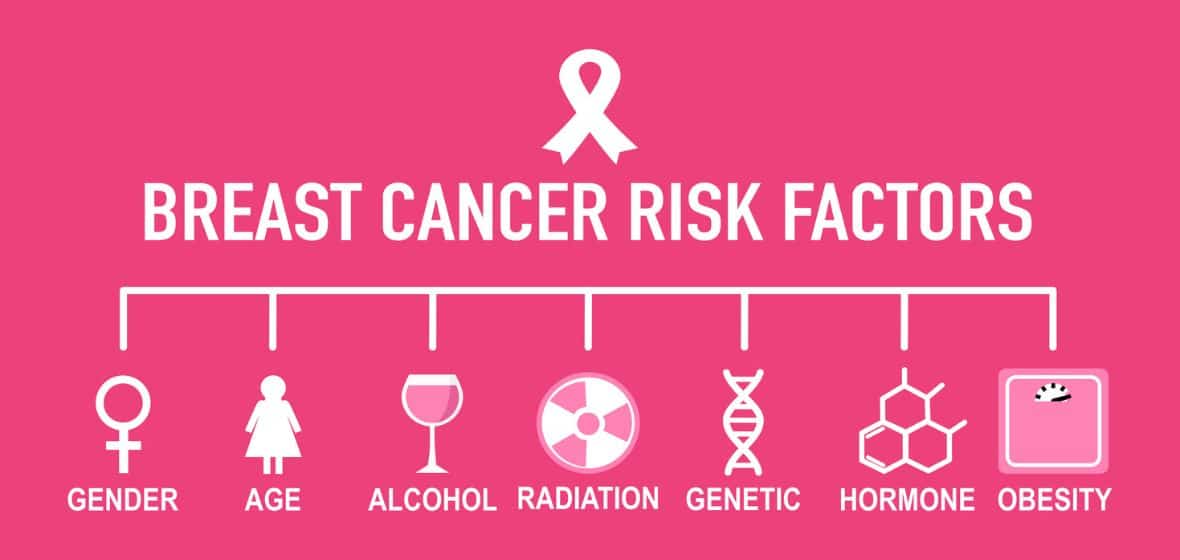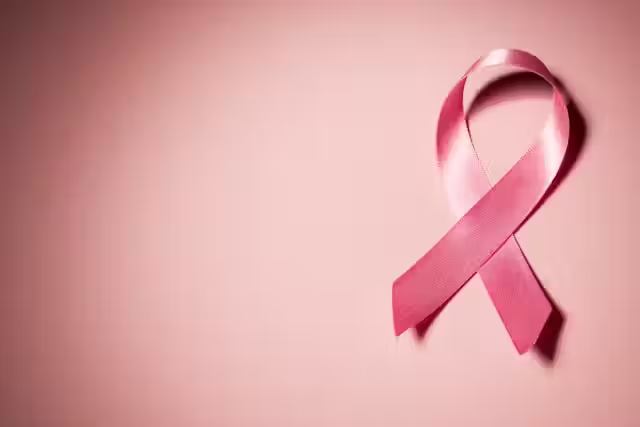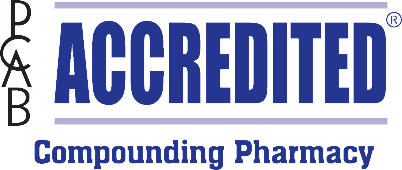Unveiling the Hidden Risks of Breast Cancer
Breast cancer is a prevalent disease, and understanding its risk factors is crucial for prevention and early detection. Let’s delve into the key risk factors:
- History: Women with a history of breast cancer in one breast (such as ductal carcinoma in situ or invasive breast cancer) are three to four times more likely to develop it again.
- Age: As you age, your risk for breast cancer increases. About 80% of women diagnosed each year are aged 45 or older.
- Direct Family History: Having a first-degree relative (mother, sister, or daughter) with breast cancer doubles the risk. If that relative developed it before menopause and had it in both breasts, the risk is even greater.
- Genetics: Approximately 5% to 10% of breast cancer cases are hereditary. Carriers of alterations in the BRCA1 or BRCA2 genes have significantly higher risks.
- Breast Lesions: A previous breast biopsy showing atypical hyperplasia or lobular carcinoma in situ increases the risk by four to five times.
- Dense Breasts: Having more fibrous than fatty tissue in your breasts is associated with a slightly higher risk.
- Age at Childbirth: Having your first child after the age of 35 or never having children increases the risk.
- Early Menstruation: Starting menstruation before age 12 and menopause after age 55 leads to longer lifetime exposure to estrogen, raising the risk.
- Weight: Being overweight, especially around the waist, increases the risk, particularly after menopause.
- Excessive Radiation: Women exposed to radiation before age 30 (often as lymphoma treatment) face higher risks.
- Family History of Other Cancers: If a family member had ovarian cancer before age 50, your risk of breast cancer increases.
- Heritage: Female descendants of Eastern and Central European Jews (Ashkenazi) face an elevated risk.
- Alcohol: Alcohol consumption is linked to breast cancer risk. Women who have one alcoholic drink daily experience a slight increase, while those with 2 to 5 drinks daily have about 1.5 times the risk compared to nondrinkers.
- Race: Caucasian women have a slightly higher risk than Black, Asian, Hispanic, and Native American women. However, Black women are more likely to develop breast cancer under age 40.
- Hormone Replacement Therapy (HRT): Long-term use of combined estrogen and progesterone increases breast cancer risk. After discontinuing HRT for five years or longer, the risk returns to that of the general population.
Remember, while these factors contribute to risk, many women with risk factors never develop breast cancer, and some without risk factors do. Regular screenings and awareness are essential for early detection and better outcomes.

Myths about Risk Factors
- Multiple Pregnancies: Having more pregnancies does not elevate your risk.
- Coffee or Caffeine Intake: Research has not established a significant link between caffeine consumption and breast cancer.
- Use of Antiperspirants: No conclusive evidence connects antiperspirant use to breast cancer.
- Wearing Underwire Bras: The type of bra worn does not impact your risk.
- Using Hair Dye: Studies have not consistently linked hair dye use to breast cancer.
- Using Breast Implants: Implants themselves are not associated with an increased likelihood.
Preston’s Pharmacy: Supporting Breast Cancer Patients
Preston’s Pharmacy plays a crucial role in supporting breast cancer patients. For personalized assistance, you can contact their pharmacists at (571) 341-8787 or email wellness@prestonspharmacy.com. To learn more, visit the American Cancer Society here. Remember, early detection and risk reduction remain essential defenses against breast cancer.







